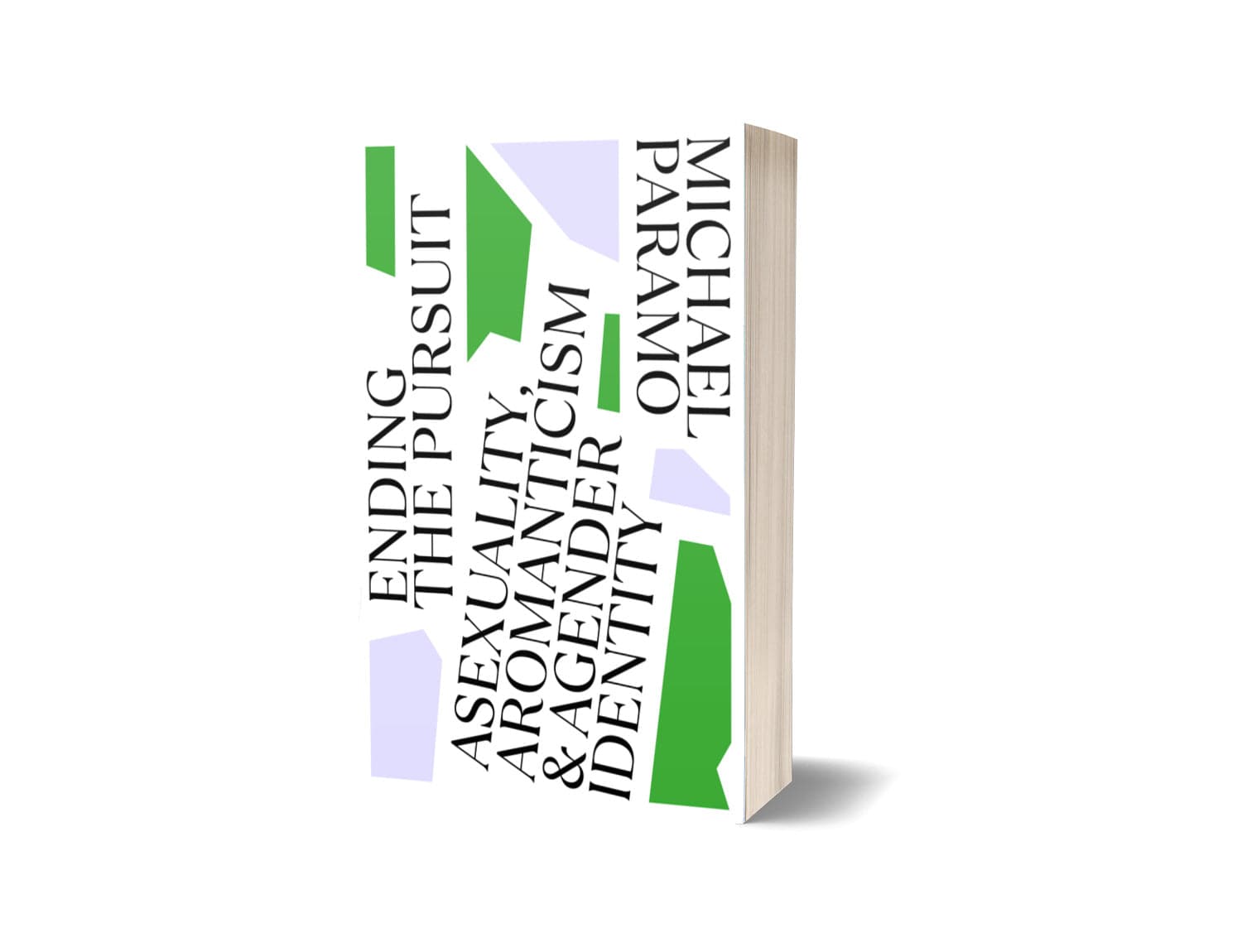239 pages
English language
Published 2024 by Unbound.

239 pages
English language
Published 2024 by Unbound.
Powerfully persuasive and thought-provoking, Ending the Pursuit asks us to reimagine sexuality, romance and gender without the borders imposed by society.
How did asexual identity form? What is aromanticism? How does agender identity function? Researcher and writer Michael Paramo explores these misunderstood experiences, from the complex challenge of coming out to navigating the western lens of attraction. Expertly mapping their history, Paramo traces the emergence of vital online communities to the origins of the Victorian binaries that still restrict us today.
With a ground-breaking blend of memoir and poetry, online articles and discussions, Ending the Pursuit is a much-needed addition to the cultural conversation. It encourages us to end the search for ‘normalcy’ and gives voice to an often-misunderstood community.
'Important . . . Paramo refuses to take for granted the normalized ideas we are fed around how relationships should work and what they should look like' …
Powerfully persuasive and thought-provoking, Ending the Pursuit asks us to reimagine sexuality, romance and gender without the borders imposed by society.
How did asexual identity form? What is aromanticism? How does agender identity function? Researcher and writer Michael Paramo explores these misunderstood experiences, from the complex challenge of coming out to navigating the western lens of attraction. Expertly mapping their history, Paramo traces the emergence of vital online communities to the origins of the Victorian binaries that still restrict us today.
With a ground-breaking blend of memoir and poetry, online articles and discussions, Ending the Pursuit is a much-needed addition to the cultural conversation. It encourages us to end the search for ‘normalcy’ and gives voice to an often-misunderstood community.
'Important . . . Paramo refuses to take for granted the normalized ideas we are fed around how relationships should work and what they should look like' Dr. Ela Przybyło, Illinois State University